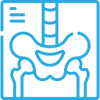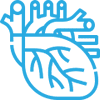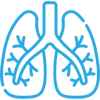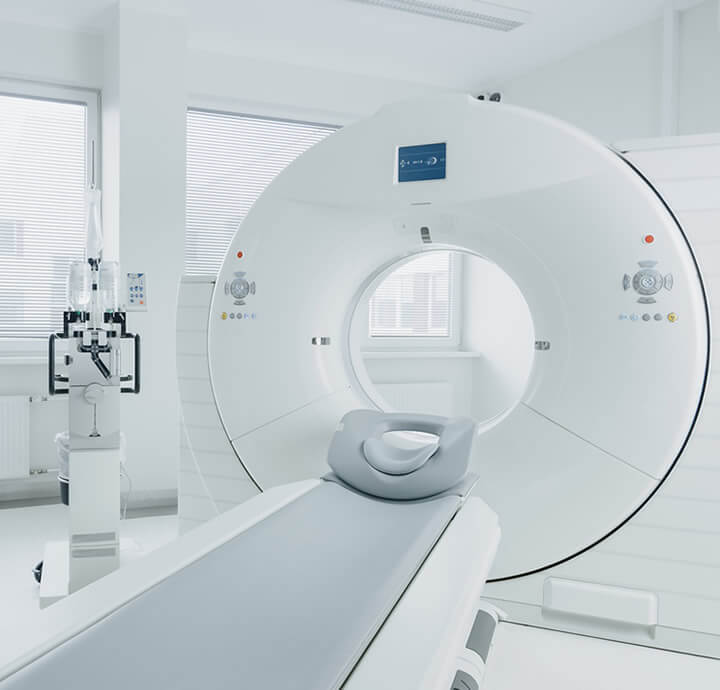As advertised on WBAP and Facebook, book your preventative scan here:
Unlock Your Health Insights with These Limited-Time Offers!
Call (214) 458-0999 or Schedule a Scan Below to Reserve Your Appointment Today!
Body Scan

Painless, fast, accurate and noninvasive scan of the patient’s body from neck to pelvis capable of identifying anomalies or cancers in early stages
Heart Scan

A scan of the aorta or pulmonary arteries combined with a coronary calcium score to determine if there is a risk of heart disease
Heart & Lung Scan

In addition to a calcium score of the heart, the lungs are examined for infection, lung cancer, pulmonary embolism among other risks
Virtual Colonoscopy

A CT Scan that produces a multi-dimensional image of the colon, providing a great alternative to traditional methods

Why Choose Visionary Wellness & Imaging
for Preventative Imaging?
Outside of the robust hospital systems, most preventative screening facilities don’t offer the latest in medical technology. We boast a state of the art CT scanner, utilizing the most advanced scan technology providing low-dose, non-invasive scans to get cutting edge results.
Like most preventative screening, you can hand-deliver your imaging to your own doctor. But we also provide radiology reads by a board certified radiologist specializing in preventative scans.
Visionary Wellness & Imaging boasts a vast network of partners to include concierge physicians, specialists, and much more. Check our Services to find out more.
FATALITIES FROM THE TOP CAUSES OF DEATH IN THE U.S.
HEART DISEASE
CANCER
COVID-19
Can A Preventative Screening Really Save My Life?
If you could prevent a heart attack, would you?
Preventative imaging can provide peace of mind or early detection of cardiovascular disease or cancer. Obtaining such vital information before the disease escalates can save your life!
Preventative CT Scan: Stop Guessing, Know!

Learn more about your health than your annual check up

Gain peace of mind with a noninvasive method for early detection of heart disease, stroke, and cancer

Acquire more information that enables you to make sound healthcare decisions
What To Expect
At Visionary Wellness & Imaging, your experience is quick, comfortable, and focused on you. Our low-dose CT scans take just 10–15 minutes and require no prep or downtime.
You’ll be guided every step of the way by our friendly staff. After your scan, Dr. Mike Markham reviews your results and provides a clear, personalized report—so you can take control of your health with confidence.

Stop guessing with your health. Know with Visionary Wellness & Imaging. Contact us today!
Quick Links
Services:
Quick Links
Home
About Us
‣ Technology
‣ Videos
Services:
‣ Heart Scan
‣ Heart & Lung Scan
‣ Full Body Scan
‣ Virtual Colonoscopy
Blog
In The News
Contact us
Privacy Policy
Business Hours:
Monday – Friday 9:00am – 5:00pm
Copyright © 2025 Visionary Wellness & Imaging. All Rights Reserved. Designed by Topline